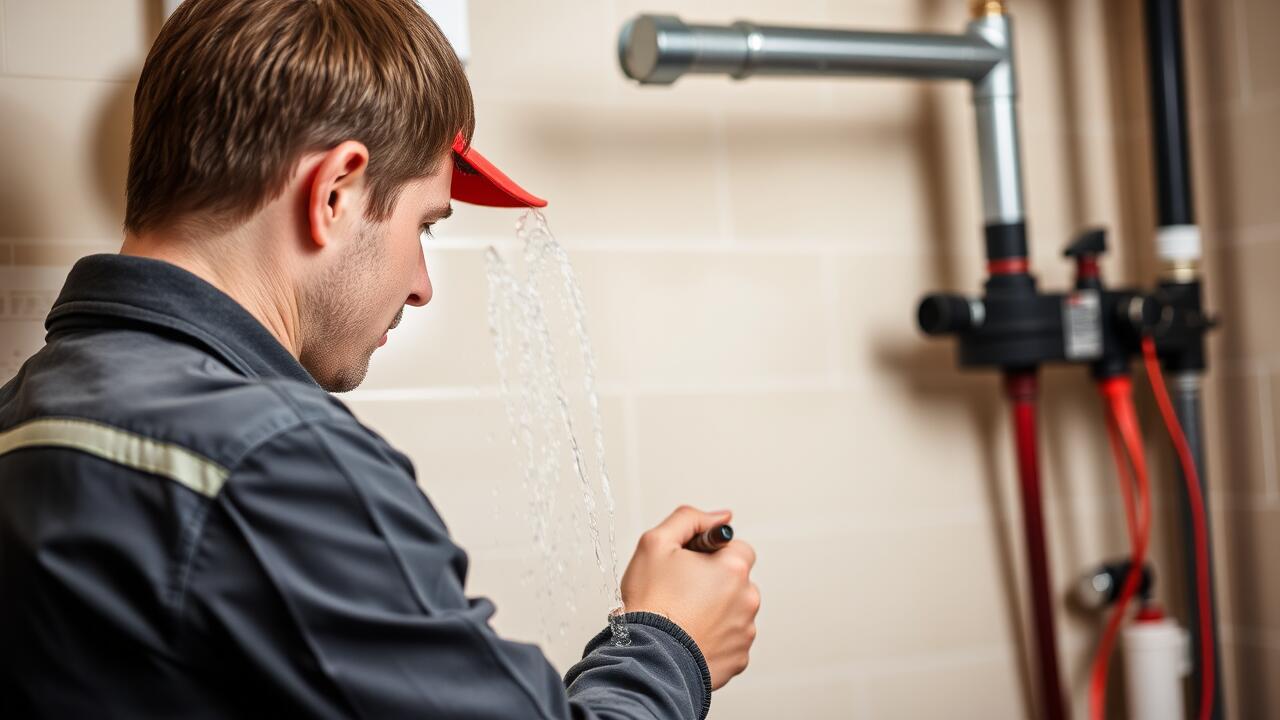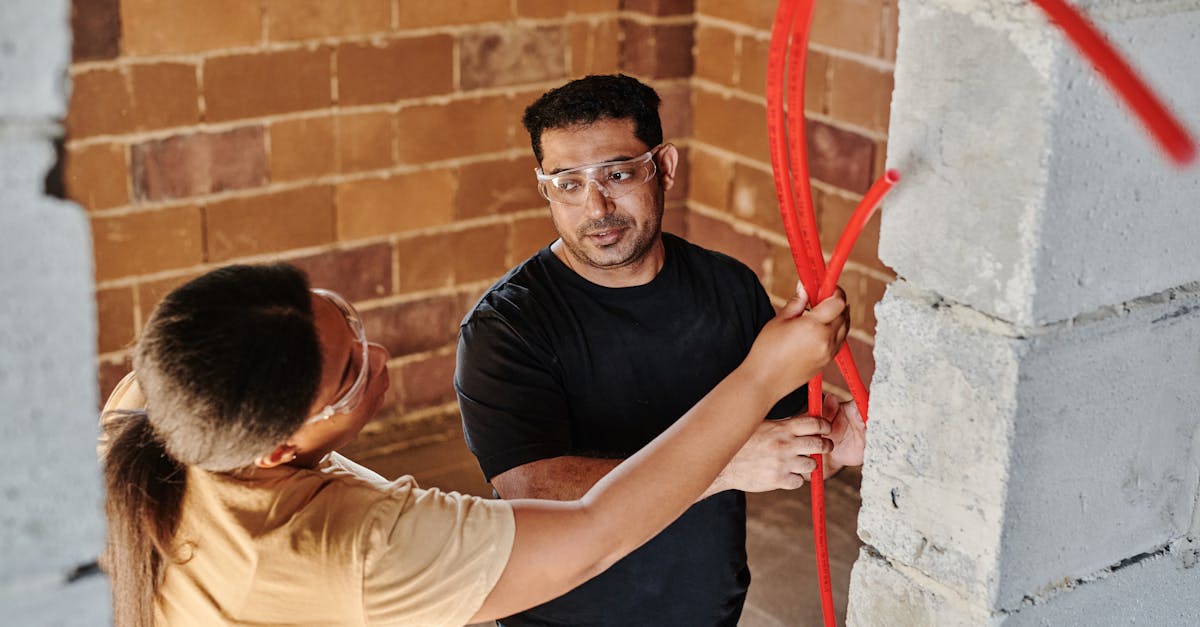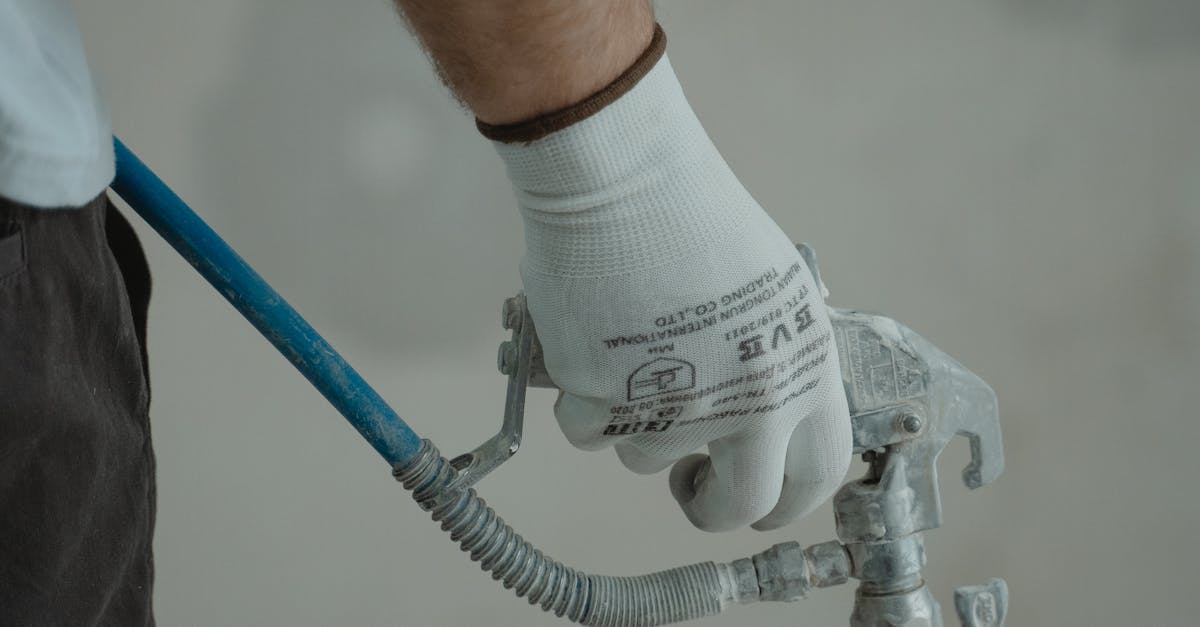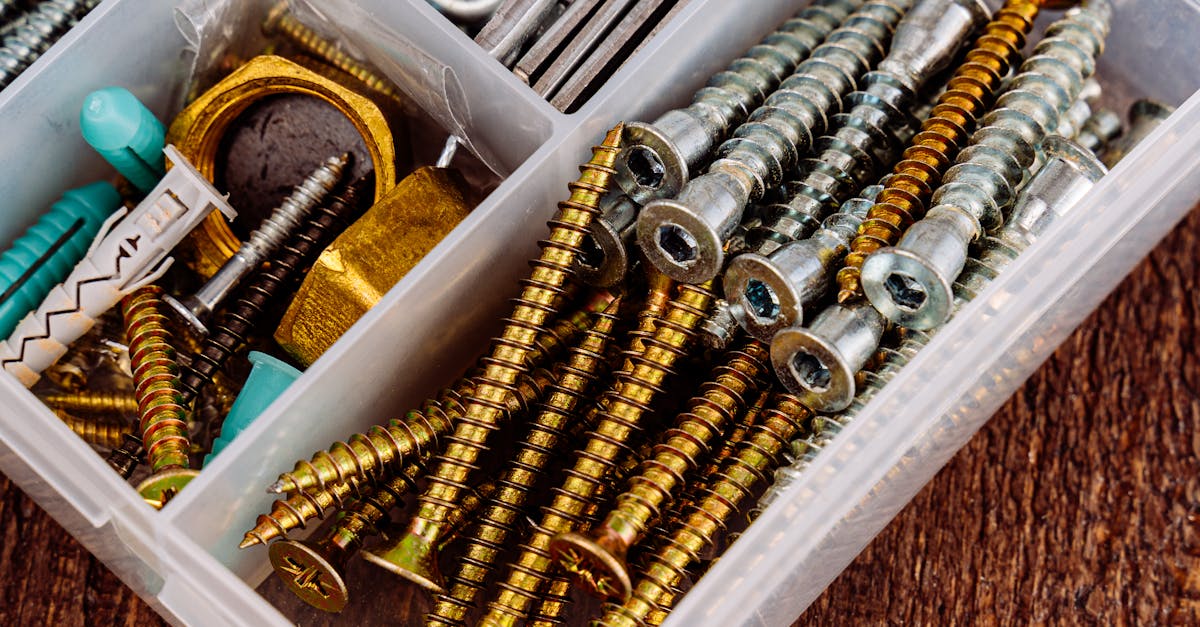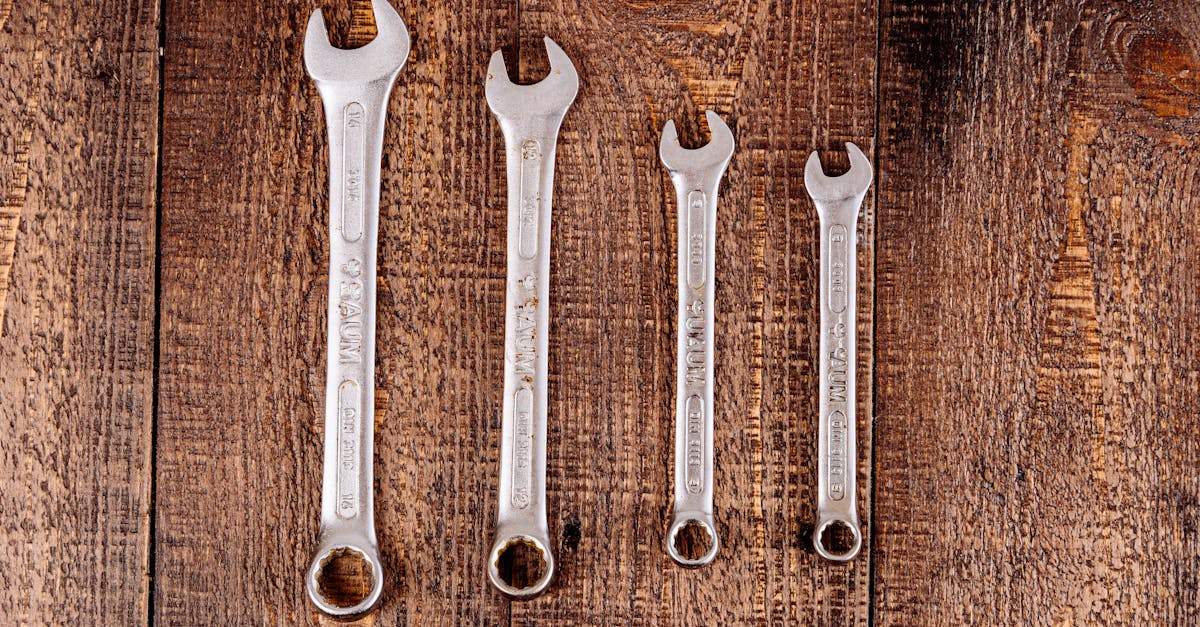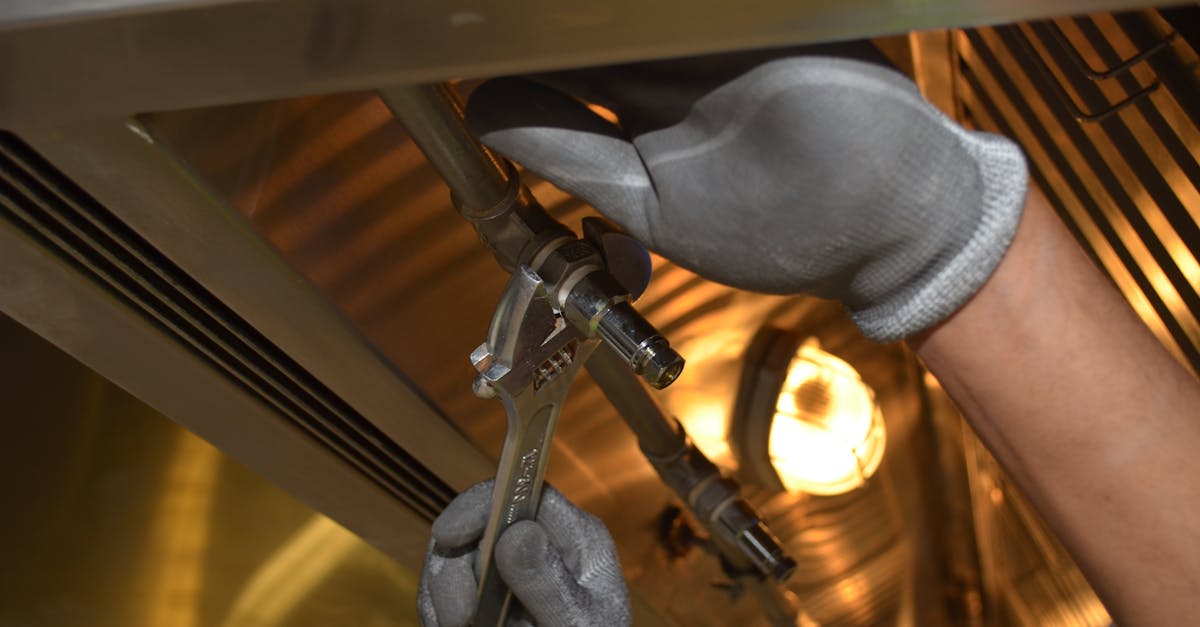
Table Of Contents
Increased Energy Bills
Sudden increases in energy bills can often indicate problems with your hot water system. When the system operates ineffectively, it requires more energy to heat water, leading to higher usage costs. Monitoring your bills regularly helps in identifying unusual spikes that may signal inefficiency. Addressing these issues promptly can prevent further financial strain and unnecessary energy waste.
If you notice a consistent rise in energy expenses alongside diminished hot water performance, consider seeking professional assistance for a thorough assessment. A qualified technician can identify underlying issues and recommend appropriate hot water system repair. Timely maintenance might restore efficiency and reduce those mounting costs, keeping your home comfortable without breaking the bank.
Assessing the Efficiency of Your System
To assess the efficiency of your hot water system, start by monitoring your water temperature. If it frequently fails to reach the expected level, it may indicate a malfunction. An efficient system should heat water consistently and maintain the right temperature for daily activities. Check for any fluctuations during peak usage times, as a drop in temperature can signal deeper issues within the unit.
Additionally, examine the recovery rate of your hot water system, which refers to how quickly it can heat water after significant consumption. A sluggish recovery time often points to underlying problems that could necessitate hot water system repair. Keeping an eye on both temperature consistency and recovery efficiency will help you identify whether your system is operating at its best.
Foul Odours from Hot Water
Foul odours emanating from hot water can be a significant indicator that your system is malfunctioning. Many homeowners report a rotten egg smell, often linked to the presence of hydrogen sulphide gas. This can occur due to a buildup of bacteria in the tank, especially if the water temperature is set too low. These bacteria thrive in cold or stagnant water, so routine maintenance is essential for preventing unpleasant smells and ensuring the water remains safe for use. If you experience these odours, it may be time to consider a Hot Water System repair, as it directly impacts your overall comfort.
In some cases, foul odours may also suggest that contaminants have infiltrated your water supply. Rusted or corroded pipes can release harmful particles, leading to undesirable scents. Regular inspections of your system can help to identify these issues early on. If left unchecked, these smells may indicate more severe problems that could affect the quality of your hot water. Engaging a professional for a Hot Water System repair can not only tackle the odour issue but also address any underlying problems to maintain the integrity of your water supply.
Recognising Possible Contaminants
Foul odours emanating from your hot water can be indicative of contaminants within the system. One common source of these unpleasant smells is the presence of bacteria, particularly in systems that remain inactive for extended periods. If an unpleasant, sulphur-like odour is detected, this may signal the presence of hydrogen sulphide gas, which can lead to more serious issues if left unchecked. Regular monitoring of the water quality is essential to ensure that these contaminants do not compromise your health or the integrity of your system.
Another factor to consider is the accumulation of sediment and minerals within the tank. Over time, these deposits can become a breeding ground for bacteria, resulting in both foul smells and diminished water quality. If you suspect that your hot water system might be contaminated, seeking a Hot Water System repair can prevent further complications. Addressing these issues promptly will not only improve the quality of your hot water, but also prolong the lifespan of your system.
Age of the Hot Water System
The age of a hot water system plays a significant role in assessing its reliability and efficiency. Most hot water systems have a lifespan of around 8 to 12 years, though this can vary depending on the type and maintenance. Regular inspections can help extend its life, but as systems age, the likelihood of malfunctions increases. Homeowners should keep track of when their system was installed to anticipate potential issues.
Replacing an aging hot water system may be more cost-effective than continual repairs. If your system is nearing the end of its expected lifespan, you might notice declining performance or rising energy bills. While hot water system repair can address some immediate problems, investing in a newer model can provide better efficiency and long-term savings. Prioritising replacement when necessary ensures that you avoid more significant issues down the road.
Knowing When Replacement is Needed
When evaluating the longevity of your hot water system, age plays a crucial role. Most systems are designed to last around 10 to 15 years, depending on the type and maintenance received. If your system has reached or exceeded this lifespan, it becomes more susceptible to failures and inefficiencies. In such cases, considering a replacement rather than pursuing hot water system repair may be more cost-effective.
Frequent breakdowns or a notable decline in performance can also indicate that replacement is the preferred option. Persistent issues often signal underlying problems that repairs may only temporarily address. Upgrading to a newer model could enhance energy efficiency and provide better hot water supply, ultimately saving you money in the long run. Keeping an eye on these factors will help ensure you make an informed decision about your hot water system.
FAQS
What are some signs that my hot water system might be broken?
Common signs include increased energy bills, foul odours coming from the hot water, inconsistent water temperature, unusual noises, and age of the system indicating a need for replacement.
How can I assess the efficiency of my hot water system?
You can assess your system's efficiency by monitoring your energy bills for any significant increases, checking the temperature consistency of your water, and ensuring that your system is well-maintained.
What should I do if I detect foul odours coming from my hot water?
Foul odours may indicate the presence of contaminants or bacteria in the water. It’s advisable to flush the tank and clean the system, and if the problem persists, consult a professional plumber.
How do I know when to replace my hot water system?
Generally, if your hot water system is over 10-15 years old, requires frequent repairs, or shows signs of rust and corrosion, it may be time to consider a replacement.
Can I fix my hot water system myself?
While some minor issues can be addressed with DIY methods, it's recommended to consult a professional plumber for significant concerns to ensure safety and proper repairs.
